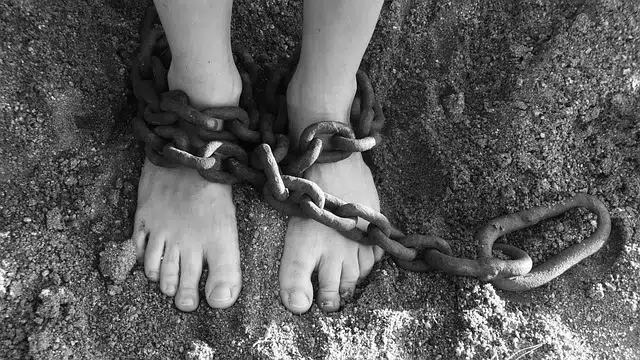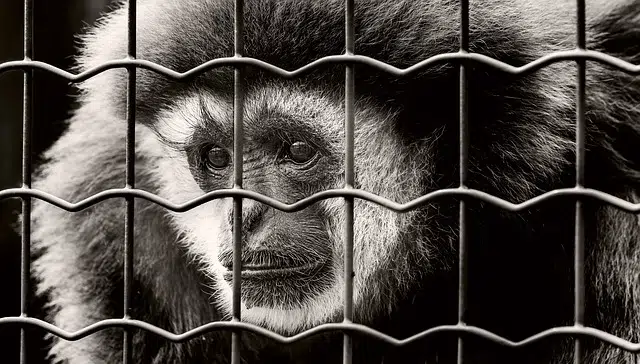
When a human being is kidnapped, it can be said that he is in captivity.
The notion of captivity refers to the lack of freedom . The concept can refer to the seclusion , confinement or kidnapping of a person or an animal.
For example: "The kidnappers kept the businessman in captivity for eight days," "I can't stand captivity anymore, I need to come out for air," "The authorities rescued a puma that was in captivity."
People in captivity
In the case of human beings , the idea of captivity or captivity is usually used regarding the loss of freedom due to the action of an enemy or a kidnapper. A group of terrorists, to cite one case, can hold hundreds of people captive in a closed area. Even an entire town can be held captive by an invasion.
Sometimes captivity refers to an individual's stay in prison . In this framework, it can be indicated that a man spent ten years in captivity if he was sentenced to spend a decade in prison.

Keeping animals in captivity is a business for many people.
Animals deprived of their freedom
Regarding animals , it is said that they are in captivity when they do not live freely in their natural habitat . The specimens found in a zoo are in captivity: they do not have the possibility of moving freely or providing food for themselves. In some cases, species are kept in a semi-captive regime since they enjoy a certain margin of action without human intervention.
The life of animals in captivity is often the subject of discussion and controversy between animal lovers (also known as animalists ) and people who are dedicated to animal exploitation, such as ranchers and businessmen dedicated to the manufacture of animals. products based on natural leather. One thing is clear: the happiness of these animals only matters to the first group, since the rest focus only on the economic benefit they can obtain thanks to them.
Precisely, when human beings forcibly remove an animal from its natural habitat, regardless of the objective of such action, they interfere with the balance of nature and this generates consequences for everyone. No animal is born with the objective of living in a city, much less in a zoo or a livestock farm, so the type of relationship they have with people is not enough to counteract uprooting .
The case of horses in captivity
If we take into account that even human beings have difficulty adapting to life in the city , especially when they do not have a large house with green spaces and must do monotonous and stressful work, let's imagine how much harder it is for other species to be deprived. of the land, of the grass, of the trees and, most important of all, of the activities they wish to carry out.
We have reached a point of denial that when the word " horse " is mentioned to us we think of "horse riding" or "horseback ride", instead of remembering that it is a living being that should enjoy the same freedom as us and that did not decide on its own become a tool of the human being.
Horses that are fortunate enough to live in their natural habitat demonstrate much more complex behaviors and an infinitely greater degree of happiness than those that are forced to perform abusive tasks day after day, and even than those that lead a supposedly privileged life in company. from people who treat them like pets; Ultimately, life in captivity is not much different from slavery , even for the animals we claim to love.
a book
«Happy Captivity» , finally, is the title by which a book by Francisco Núñez de Pineda y Bascuñán is known.
Núñez de Pineda y Bascuñán was a Spanish soldier who, in 1629 , remained a captive of the Mapuches in what is now Chilean territory for more than six months.
